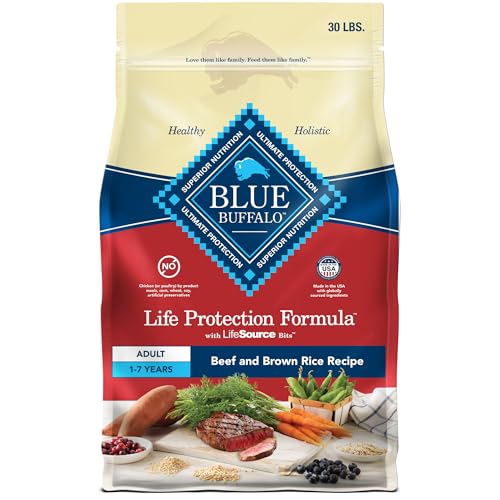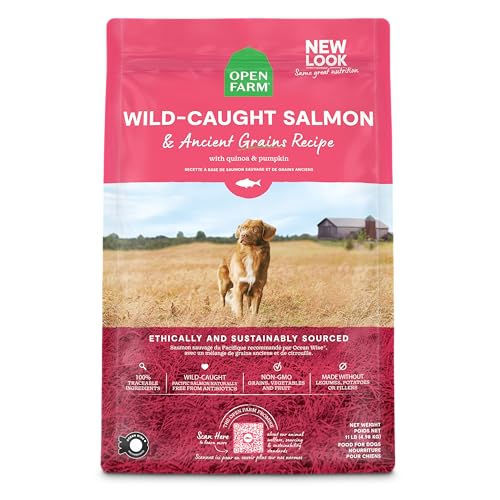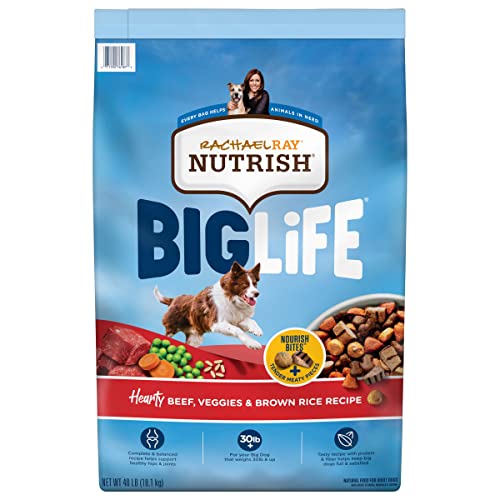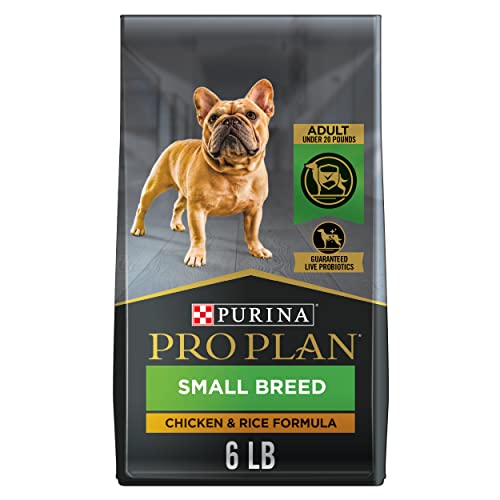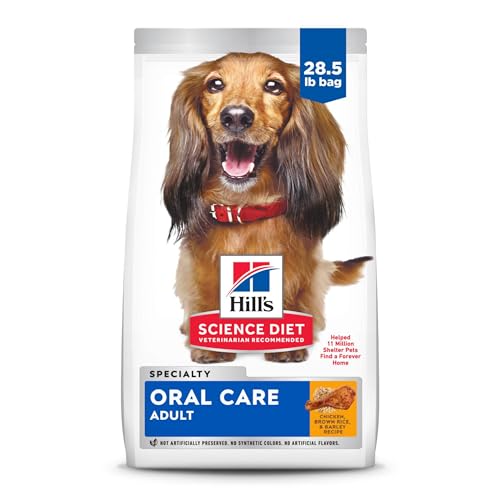How Can You Identify High-Quality Dog Food?
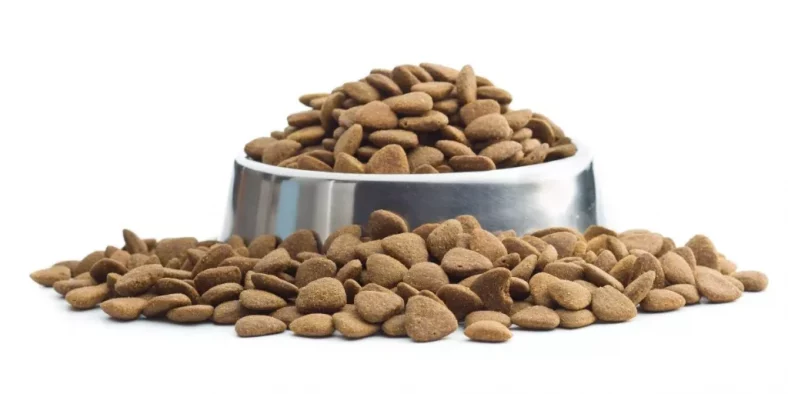
When it comes to selecting high-quality dog food, the task may seem daunting given the plethora of options available. However, making informed choices is crucial for your furry friend’s well-being. Understanding the key factors that differentiate premium dog food from the rest is essential. By honing in on specific details like ingredient lists, nutritional balance, and certifications, you can ensure your dog receives the best possible diet. But how can you be certain that what you’re feeding your pet is truly top-notch?
Reading Ingredient Labels
When choosing high-quality dog food, carefully read the ingredient labels to ensure you’re providing your furry friend with the best nutrition. The first few ingredients listed are the most important as they make up the majority of the food. Look for real meat, such as chicken, beef, or fish, as the primary ingredient. Avoid foods that list fillers like corn or by-products first, as these may not offer the best nutritional value for your dog.
Additionally, check for specific information about the type of meat used. Phrases like ‘chicken meal’ or ‘beef by-product meal’ indicate a more concentrated source of protein compared to just ‘chicken’ or ‘beef.’ It’s essential to know where the protein in your dog’s food is coming from.
Keep an eye out for artificial additives, colors, and preservatives. High-quality dog food should contain natural ingredients that are beneficial for your pet’s health. By being mindful of the ingredients listed on the label, you can make an informed decision and choose the best food to keep your dog healthy and happy.
Understanding Nutritional Requirements
To ensure your dog’s optimal health and well-being, understanding their specific nutritional requirements is key when selecting the right food for them. Dogs require a balanced diet that includes proteins, fats, carbohydrates, vitamins, and minerals. Proteins are essential for muscle growth and repair, while fats provide energy and support healthy skin and coat. Carbohydrates are a good source of energy, and vitamins and minerals play crucial roles in various bodily functions.
The amount of nutrients needed can vary based on your dog’s age, size, breed, and activity level. Puppies, for example, require more protein and calories for growth, while senior dogs may need fewer calories but more joint-supporting nutrients. Large breeds may benefit from specific formulations to support their bone health.
Checking for AAFCO Approval
Checking for AAFCO Approval can help you ensure that the dog food you choose meets essential nutritional standards. The Association of American Feed Control Officials (AAFCO) sets guidelines for pet food to ensure it provides a complete and balanced diet for your furry friend.
When a dog food product has the AAFCO label on its packaging, it means that it has undergone feeding trials or formulated to meet the nutritional levels established by AAFCO. This approval indicates that the food has met specific standards for things like protein, fat, vitamins, and minerals that are necessary for your dog’s health.
Evaluating Protein and Fat Content
Assessing the protein and fat content of dog food is crucial for ensuring your pet receives the necessary nutrients for optimal health. Dogs require a diet rich in high-quality proteins to support their muscle development, energy levels, and overall well-being. Look for dog foods that list a named animal protein source, such as chicken, beef, or salmon, as the first ingredient. This indicates a higher protein content that’s essential for your dog’s health.
Additionally, adequate fat content is important for providing your dog with energy and supporting healthy skin and coat. Be sure to choose dog foods that contain healthy fats like omega-3 and omega-6 fatty acids, which are beneficial for your pet’s overall health. Avoid foods with excessive fillers or by-products that may lower the overall protein and fat quality.
Avoiding Harmful Additives
When selecting dog food, be vigilant about avoiding harmful additives that can compromise your pet’s well-being. Opt for products that are free from artificial colors, flavors, and preservatives. These additives can lead to allergic reactions, digestive issues, or even long-term health problems in your furry friend. Look for natural preservatives like tocopherols (Vitamin E) or ascorbic acid (Vitamin C) instead of chemical preservatives like BHA, BHT, or ethoxyquin, which have been linked to potential health risks.
Additionally, steer clear of dog foods containing excessive amounts of sugar or salt. High sugar content can contribute to obesity, dental problems, and diabetes in dogs. Similarly, too much salt can lead to dehydration and kidney issues. Check the ingredient list for terms like sucrose, corn syrup, or sodium chloride, and opt for products with minimal added sugars and salts.
Trending Products


